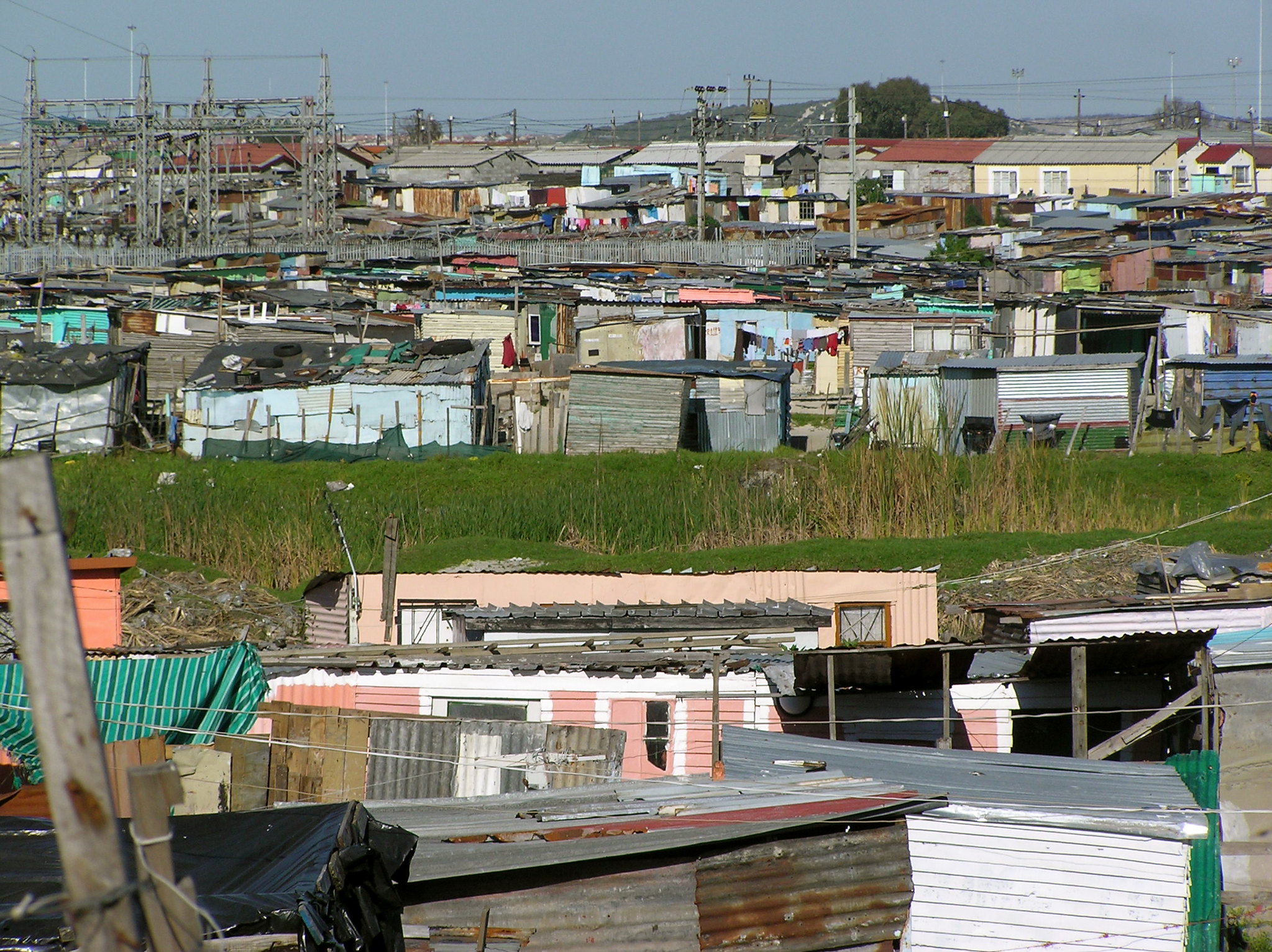In Zimbabwe many households depend on informal employment and live in crowded settlements with unreliable, shared access to water and sanitation. Inclusive, equitable responses to COVID-19 and other urban development challenges will need to support informal service providers and workers, particularly those providing essential services. Drawing on their extensive experience of supporting and co-producing knowledge on community-led upgrading processes, Dialogue on Shelter Trust have identified an opportunity to incorporate a ‘people centred slum upgrade protocol’ in Zimbabwe’s pending national development plan (2021-2025). If the protocol is incorporated in the national development plan, Zimbabwean officials will likely be able to mobilise funding more readily to upgrade informal settlements, with potential to address COVID-related risks and support equitable urban development pathways.
To support this process the project will conduct a detailed case study analysis of community-led responses to COVID-19 in Zimbabwe, including efforts around the National Development Policy. It will document local responses and government interventions and undertake a comparative analysis of COVID-19 responses and synthesise insights from Zimbabwe and Kenya in order to identify the political drivers of more transformative urban development processes.
